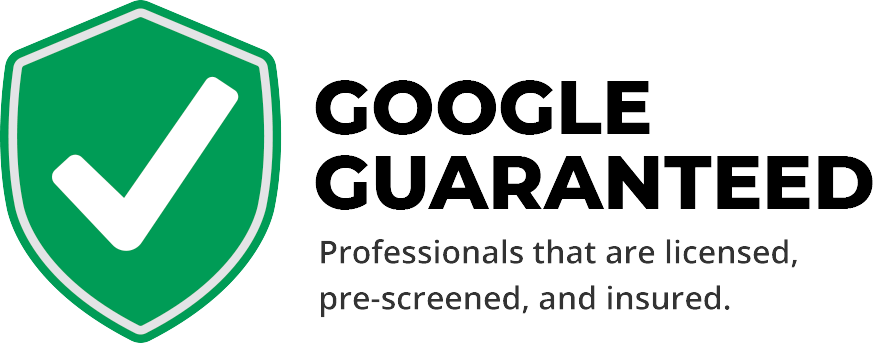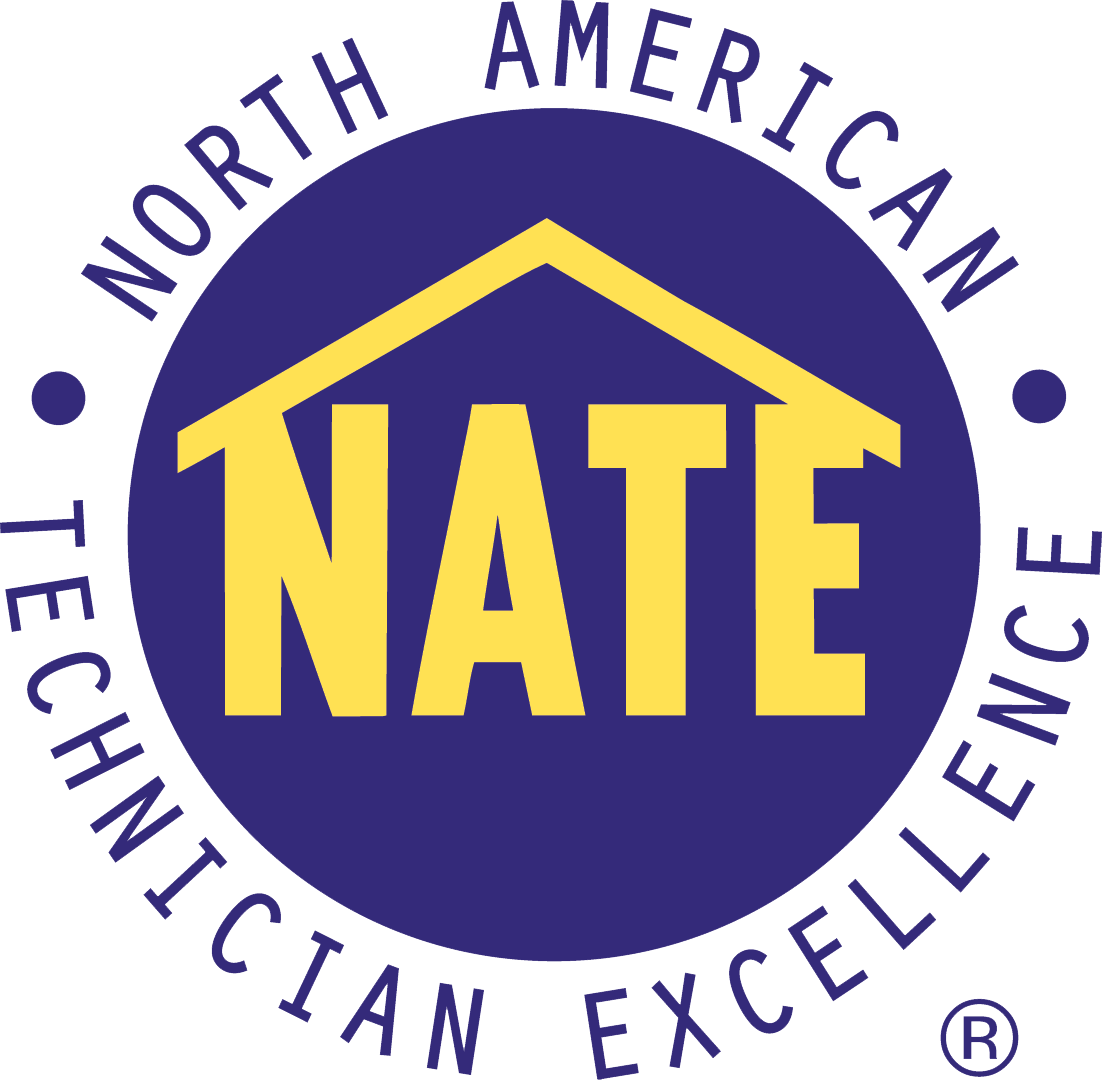Things to Know About Commercial Electrical Inspection
Commercial electrical inspection checklists (CEIC) are used as a reference to verify whether present installations conform with safety rules, making it easier and more efficient for qualified and certified electrical companies. After each area is carefully assessed for any risks or defective installations, an Electrical Installation Condition Report (EICR) is created, which tells the owners how electrically safe the property is and what may be done to remove any possible threats.
1. Commercial Electrical Inspection Components
- Motors: Faults in electric motors are responsible for the bulk of commercially caused injuries. During Electrical Services Burbank, motors must be checked regularly to ensure that they operate at their maximum capability. According to electricians, the motor overload, short-circuit, and ground-fault protection must not exceed the allowable levels.
- Air-conditioning and refrigeration equipment: Most business establishments use air conditioning and refrigeration equipment. Electricians must ensure that all circuits and wires are correctly protected and sized. Short-circuit and ground-fault protection must be verified on feeders and branch circuits.
- Transformers: To minimize overheating, all installation areas must be sufficiently separated and well-ventilated during all commercial electrical inspections by professionals by electrical contractors in Atlanta, GA, and transformers must be equipped with a disconnection method.
- Capacitors: Capacitors are electrical devices that are used to store energy. Wire breakage, short-circuits, leakage, and disconnection are common capacitor issues. Elevators, dumbwaiters, escalators, platform lifts, and stairlifts must be examined during an electrical inspection.
- EV charging equipment: All EV charger-related equipment, gadgets, and fittings must be fitted appropriately during an electrical inspection. Because EV chargers consume a lot of energy, they need to be able to detach quickly. The position and height of the charging equipment must be noted as adequate ventilation.
- Light signs: Light signs are put outside commercial properties, generally with the company’s name written on a board. These installations should be double-checked to confirm that the wiring is current. Because these signs are typically put outside, they must be weather-resistant to endure sunshine and rain.
2. Importance of Commercial Electrical Inspections
You must ensure that the electrical systems on your property are judged safe for usage by your workers and the general public as a company or commercial space. This is accomplished by conducting an Electrical Installation Condition Report (EICR) at regular intervals ranging from 3-to 5 years.
- Cost savings: Avoid frequent power outages and electrical surges, harming expensive corporate equipment over time. A high electrical cost might result from faulty installations and broken wiring. Electrical inspections are performed regularly to verify all areas and units to see if any faulty installations are adding to the power bills needlessly.
- Safety: Defective Electrical systems might produce sparks in the wiring, resulting in fires. A comprehensive inspection by a licensed electrical contractor in Atlanta, GA, will ensure that all of your installations are always in compliance with the law and pose no safety hazards.
- Avoid unexpected downtime: Power interruptions can significantly impact staff productivity. Employees may be asked to work extra if they cannot accomplish their job on time. Furthermore, because most vital information is now digital and housed in computers, power surges or outages may lead them to shut down abruptly.
Conclusion
To keep your company safe from the dangers of improper electrical systems, contact MGAM Construction Inc. for our skilled installation and maintenance services. To learn more about our Electrician in Calabasas, call us at (818) 652-7282.










